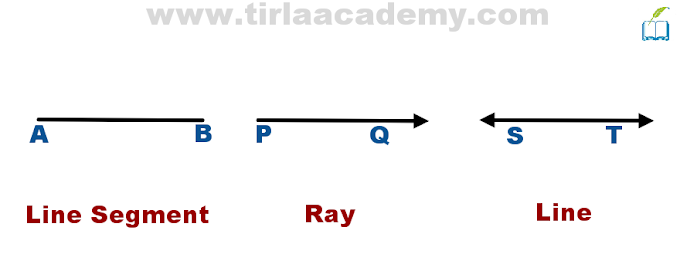Have you ever stared at your books, completely drained, knowing you should study—but just... can't?
That’s not laziness. It’s study burnout—and it’s more common than you think.
In today’s high-pressure academic world, burnout creeps in silently. One moment you're motivated, and the next you're overwhelmed, emotionally exhausted, and unable to focus. But here’s the good news: burnout isn’t permanent, and with the right steps, you can bounce back stronger.
Let’s explore how to recover from study burnout in a real, sustainable way.
1. Acknowledge You're Burnt Out (And That It’s Okay)
Before you fix it, you need to face it.
Burnout isn’t a sign of weakness—it’s a signal that your body and mind need rest. Denying it only delays recovery. If you’re feeling constantly tired, unmotivated, or emotionally numb when studying, it’s time to pause and reset.
2. Take a Genuine Break (Not Just Scrolling on Your Phone)
A real break means stepping away from all academic tasks—no flashcards, no reading, no "just one more thing."
Try walking outside, listening to calming music, or simply doing nothing for a while. Let your brain breathe.
3. Fix Your Sleep Schedule
Sleep is the foundation of mental recovery.
Lack of rest fuels mental exhaustion from studying. Aim for at least 7–9 hours of quality sleep. Even short afternoon naps can help repair cognitive function and reduce stress levels.
4. Reconnect with Activities You Enjoy
When you’re in burnout mode, hobbies are often the first to go. But doing things you love—whether it's painting, gaming, journaling, or watching your favorite show—helps restore emotional balance and creativity.
5. Break Tasks into Tiny, Achievable Goals
Instead of forcing yourself to "study all day," try this:
✅ Study for 20 minutes
✅ Take a 5-minute break
✅ Repeat
Use the Pomodoro Technique or set micro-goals. Achieving small wins builds momentum and makes studying feel less overwhelming.
6. Limit Overcommitment and Learn to Say No
Burnout often comes from doing too much.
If your schedule is packed with classes, side jobs, and extracurriculars—cut back. Prioritize what truly matters and give yourself space to breathe. Recovery requires time and boundaries.
7. Talk to Someone (It Helps More Than You Think)
Whether it’s a counselor, academic advisor, or a friend who “gets it,” talking helps release pressure.
You’re not alone in this, and asking for support is a smart, healthy move—especially when burnout starts affecting your mental health.
Final Thoughts: Burnout is a Warning, Not a Life Sentence
Recovering from study burnout isn’t about pushing harder—it’s about listening to your mind, resting when needed, and rebuilding slowly.
With the right habits, you can overcome academic burnout, regain motivation, and enjoy learning again. Take it one step at a time—you’ve got this.





